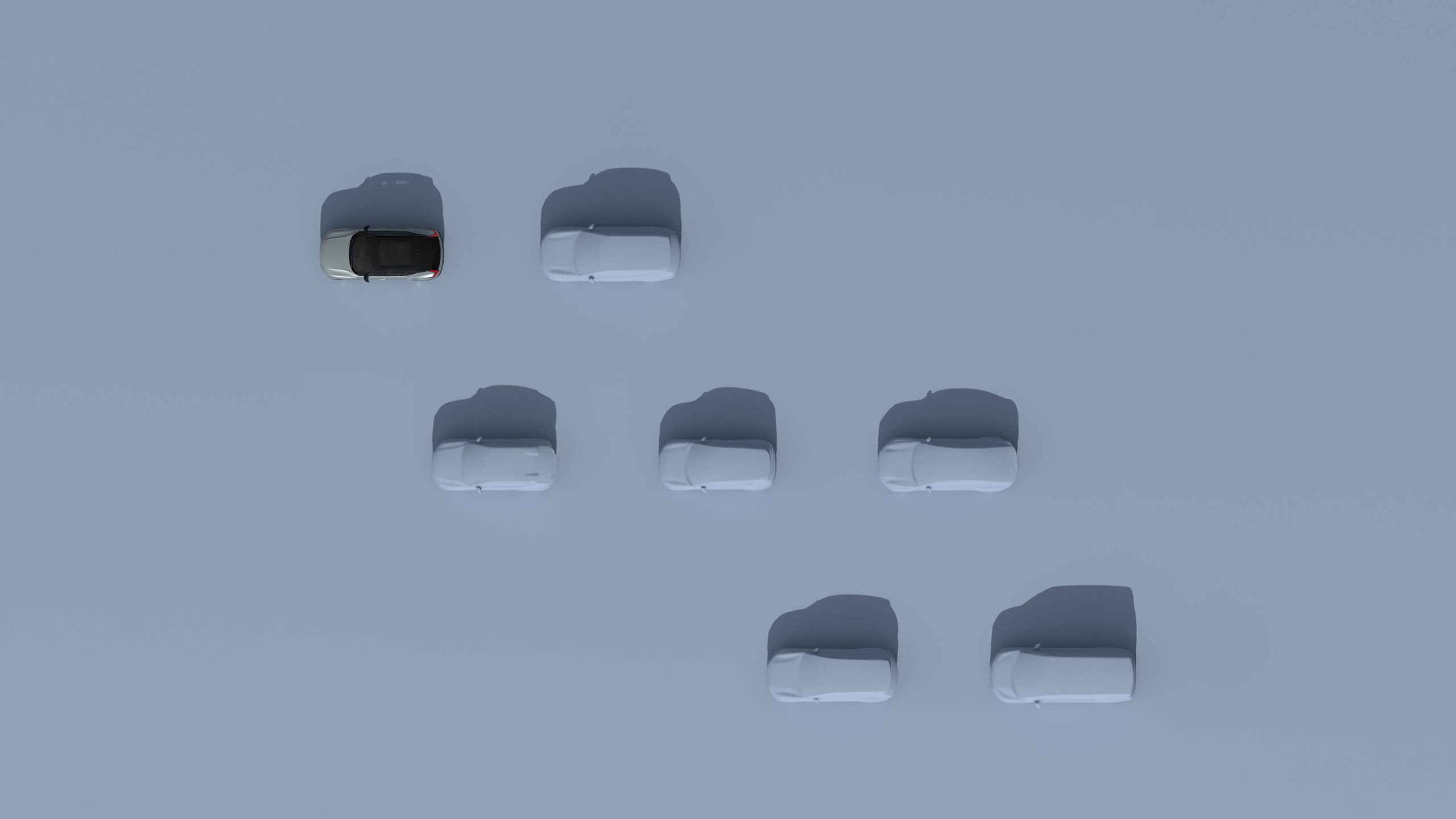Volvo will only sell electric cars by 2030, ending gas- and diesel-engine sales sooner than other major automakers, the company announced. It also plans to move EV sales online in an effort to develop direct relationships with customers and eliminate any bartering.
The decision to go fully electric is an extension of an earlier plan to have 50 percent of its fleet be fully electric by 2025. The company wrote that it has a “firm conviction” that the market for combustion vehicles is contracting. “There is no long-term future for cars with an internal combustion engine,” said chief technology officer Henrik Green. “We are firmly committed to becoming an electric-only car maker and the transition should happen by 2030.”

Pricing will be controlled centrally and customers will order cars via a website, whether they’re at home or at a showroom. You’ll be able to see and learn about vehicles at Volvo Studios and showrooms, which will be repurposed to handle deliveries and service. “Retailers will be critical to our future, being responsible for delivering, servicing and maintaining cars, plus facilitating test drives and face-to-face contact, and can also facilitate an online sale,” a Volvo spokesperson told Engadget.
Volvo also revealed part of its roadmap for future vehicles. After launching its first EV, the XC40 Recharge, it will unveil its second 40 Series-based EV at a Recharge event later today. It will roll out several more models in the “coming years.” A graphic (above) appears to show seven models on the horizon.
Volvo is following a path carved out by Tesla, which also has an all-electric lineup with no dealerships. Ford plans to eliminate gas engines by 2030 as well, but only in Europe, while GM said that it would only sell EVs around the world by 2035. EU rival Volkswagen, meanwhile, has promised to produce 1.5 million EVs by 2025, while Mercedes-Benz has announced plans to build six all-electric cars within the next couple of years.
Update 3/2/2021 11:27 AM ET: The post originally stated that Volvo planned to eliminate dealerships, but a Volvo spokesperson told Engadget that’s not the case. The post has been updated with the correct information.
